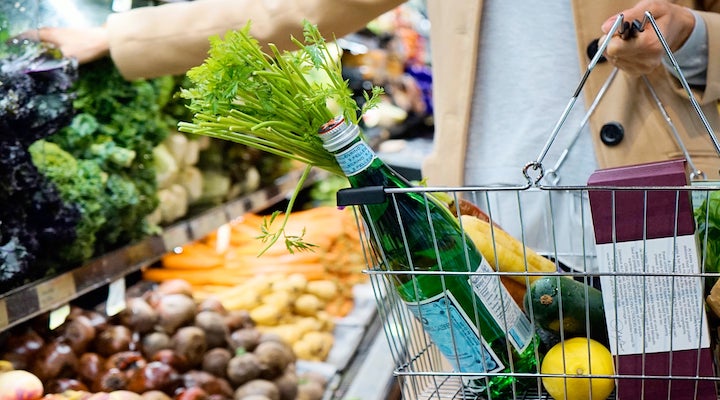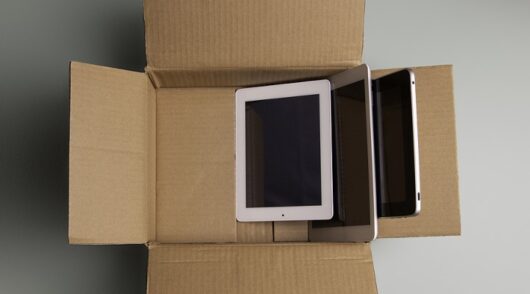Retail sales in June registered $34.2 billion in turnover however rising costs of living and inflation will likely impede growth for businesses, according to data released by the Australian Bureau of Statistics (ABS) today.
Seasonally adjusted retail sales are still higher at 12 per cent year-on-year, although compared to May they were up by just 0.2 per cent, a figure dwarfed by the current inflation rate.
Cafes, restaurants, and takeaway food services had the largest rise at 2.7 per cent, followed by clothing, footwear, and personal accessory retailing at 1.3 per cent, and other retailing at 0.5 per cent.
Department store sales fell by 3.7 per cent while food retailing and household goods also recorded poor turnover at 0.3 per cent each.
Ben Dorber, head of retail statistics at the ABS, said results were mixed across the six industries as cost-of-living pressures appear to be slowing the growth in spending.
Australian Retailers Association CEO, Paul Zahra, said the results are not necessarily a “full reflection” of business performance as consumer prices have increased across the country.
“Consumers are paying more for everyday items, while at the same time, business operating costs have increased significantly.”
He cautioned consumers are anxious about the rising costs of living and interest rates which will likely impact spending in the coming months.
Dominique Lamb, National Retail Association chief, said retail businesses face a “challenging” period ahead in this inflationary climate.
“The impact of interest rate hikes will come to a head for many family-run and small business operators, who are struggling to keep up with the rising costs of business and dwindling consumer confidence,” she said.
On a state basis, NSW was the only state where retail turnover fell (by 0.2 per cent) while the NT posted the highest rise (1.8 per cent). Sales in Queensland were down 0.7 per cent), in the ACT by 0.6 per cent, and in both WA and Tasmania, by 0.5 per cent.






